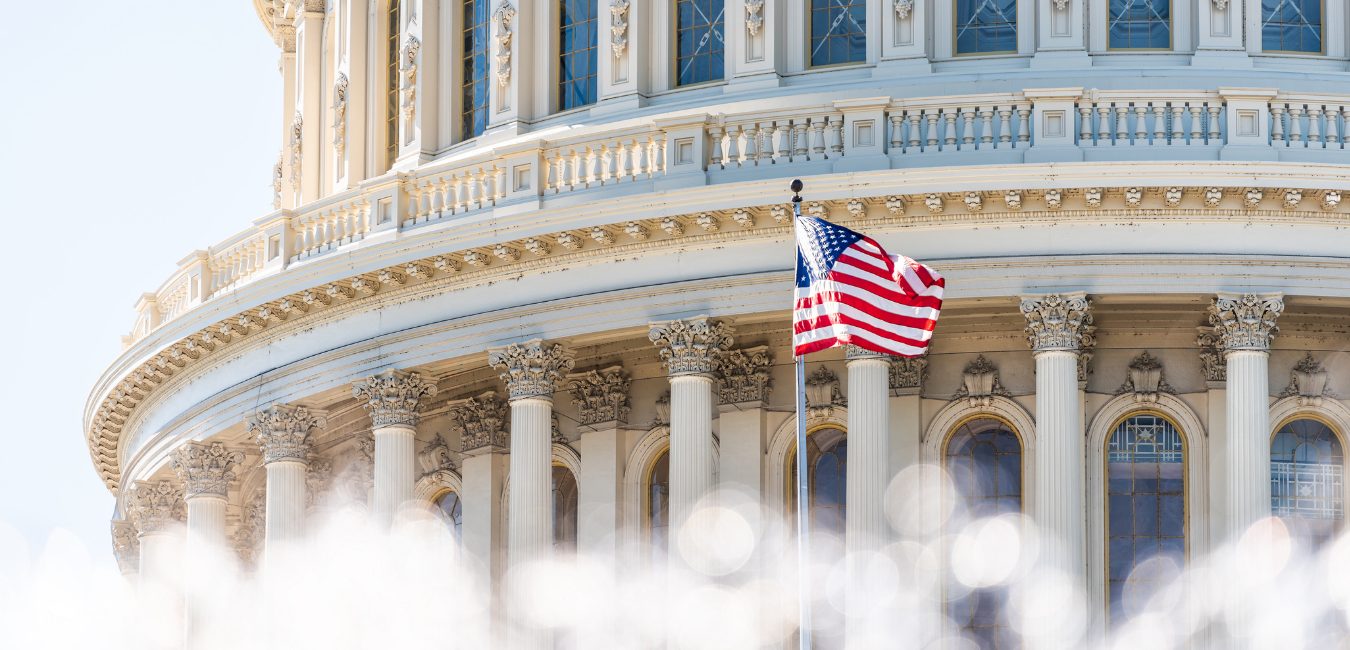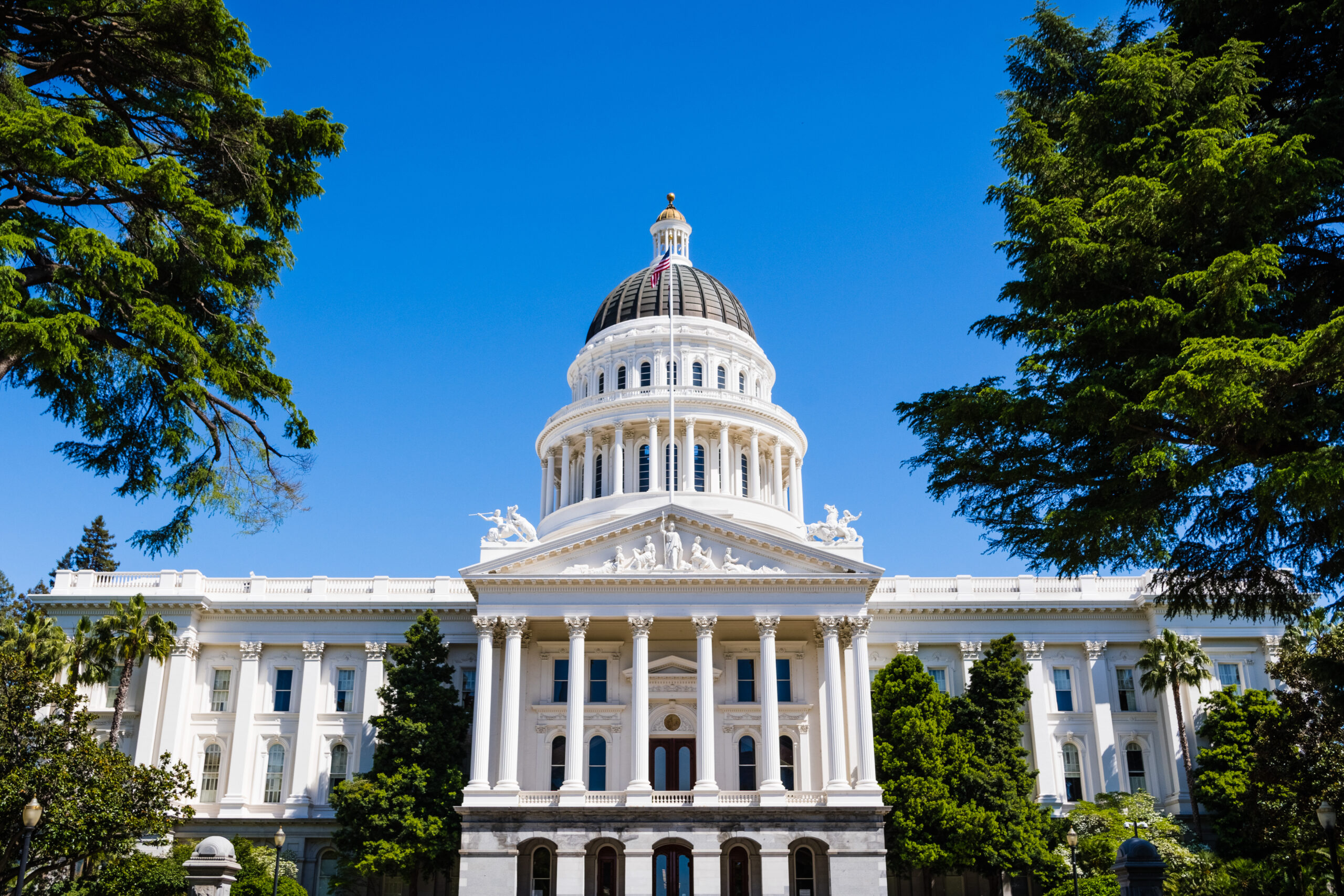
What Happened to the Risk-Based Approach to Data Transfers?
The following is a guest post to the FPF blog from Lokke Moerel, Professor of Global ICT Law at Tilburg University and a Dutch Cyber Security Council member. This blog is a summary of a longer academic paper which can be downloaded here. The guest blog reflects the opinion of the author only. Guest blog posts […]

Call for Nominations: 13th Annual Privacy Papers for Policymakers
The Future of Privacy Forum (FPF) invites privacy scholars and authors with an interest in privacy issues to submit finished papers to be considered for FPF’s 13th annual Privacy Papers for Policymakers (PPPM) Award. This award provides researchers with the opportunity to inject ideas into the current policy discussion, bringing relevant privacy research to the attention of […]

The “Colorado Effect?” Status Check on Colorado’s Privacy Rulemaking
Colorado is set to formally enter a rulemaking process which may establish de facto interpretations for privacy protections across the United States. With the passage of the Colorado Privacy Act (CPA) in 2021, Colorado, along with Virginia, Utah, and Connecticut, became part of an emerging group of states adopting privacy laws that share a similar […]

FPF Participates in FTC Event on “Commercial Surveillance and Data Security” Proposed Rulemaking
Yesterday, FPF Senior Director for U.S. Policy Stacey Gray participated in a panel discussion hosted by the Federal Trade Commission (“FTC”) regarding its Advance Notice of Proposed Rulemaking (“ANPR”) on “Commercial Surveillance and Data Security” (comments start at 1:39:00). Feedback from the public forum is intended to help inform the Commission’s decision whether to proceed […]

New Report on Limits of “Consent” in Japan’s Data Protection Law
Introduction Today, the Future of Privacy Forum (FPF) and Asian Business Law Institute (ABLI), as part of their ongoing joint research project: “From Consent-Centric Data Protection Frameworks to Responsible Data Practices and Privacy Accountability in Asia Pacific,” are publishing the fourteenth and final report in a series of detailed jurisdiction reports on the status of […]

Age-Appropriate Design Code Passes California Legislature
Update: On Sep 15, 2022, California Governor Gavin Newsom signed AB 2273, the California Age-Appropriate Design Code Act. The law will apply to businesses that provide online services, products, or features likely to be accessed by children and broadly requires businesses to implement their strongest privacy settings by default for young users up to the age of […]

Looking Back to Forge Ahead: Challenges of Developing an “African Conception” of Privacy
In this post for the FPF Blog, Mercy King’ori explores the cultural and societal underpinnings of “privacy” in Africa, looking throughout history, from pre-colonial times, and beyond the modern external influences on the legislative processes resulting in general data protection laws across the continent. The first essential point to start off from is understanding that […]

New Report on Limits of “Consent” in Macau’s Data Protection Law
Introduction Today, the Future of Privacy Forum (FPF) and Asian Business Law Institute (ABLI), as part of their ongoing joint research project: “From Consent-Centric Data Protection Frameworks to Responsible Data Practices and Privacy Accountability in Asia Pacific,” are publishing the twelfth in a series of detailed jurisdiction reports on the status of “consent” and alternatives […]

New Report on Limits of “Consent” in India’s Data Protection Law
Today, the Future of Privacy Forum (FPF) and the Asian Business Law Institute (ABLI), as part of their ongoing joint research project: “From Consent-Centric Data Protection Frameworks to Responsible Data Practices and Privacy Accountability in Asia Pacific,” are publishing the eleventh in a series of detailed jurisdiction reports on the status of “consent” and alternatives […]

New Report on Limits of “Consent” in Thailand’s Data Protection Law
Today, the Future of Privacy Forum (FPF) and the Asian Business Law Institute (ABLI), as part of their ongoing joint research project: “From Consent-Centric Data Protection Frameworks to Responsible Data Practices and Privacy Accountability in Asia Pacific,” are publishing the tenth in a series of detailed jurisdiction reports on the status of “consent” and alternatives […]
